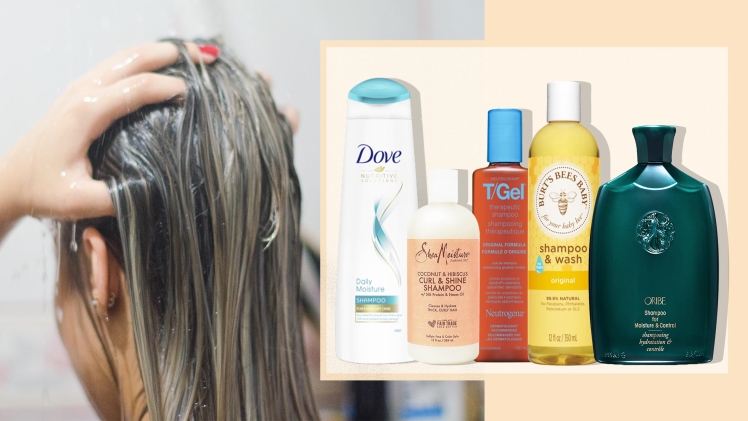We have just been through the worst pandemic known to mankind and what we learned is that touching your face, nose and mouth randomly can spread a range of viruses. Applying this lesson to other aspects of our life, we must realize that our scalp is also one sensitive part of the body that is prone to bacterial growth and infection.
The more you touch your scalp, the higher are the chances of a bacterial infection. It is high time we pay attention to antibacterial haircare and learn the importance of using the right hair care products to keep the infections, bacteria, and viruses away from our scalp.
What causes bacterial growth on your scalp?
Many of us are fond of playing with our hair. Whether it is scratching the scalp randomly or plating with some hair strands or simply flicking them every now on them, every time to touch your scalp with unwashed and unsanitized hands, you are introducing new microorganisms to the surface.
Our scalp has a natural microbiome and any new introduction to the surface can destroy the balance. The outcomes range from scalp irritation to dandruff, redness to itchiness as well as serious hair conditions the likes of seborrheic dermatitis, folliculitis, eczema, and psoriasis.
What is antibacterial hair care?
Antibacterial hair care focuses on treating the scalp with products and ingredients that prevent bacterial growth on the scalp. The aim is to limit the production of certain kinds of viruses and bacteria on the scalp and maintain the natural balance of the microbiome. Besides antibacterial body wash/face wash now you can easily find all kinds of antibacterial haircare products in the market now. However, you must know when and how to use these products for the best results.
When to use antibacterial products?
As aforesaid, maintaining balance is the aim and you must know how to use and when to use the antibacterial products for it. Make sure you have a schedule for washing, oiling and brushing your hair. Even if you are spending most of your time at home, make sure you brush your hair and keep them tidy at all times.
You must look for hair care products that are rich in tea tree oil, manuka honey, and coconut oil. Ketoconazole, zinc pyrithione, and selenium disulfide. However, if you are dealing with serious hair problems, you must consult with an expert dermatologist and ensure that you get the best haircare advice.

